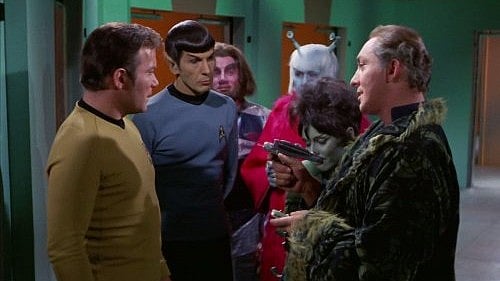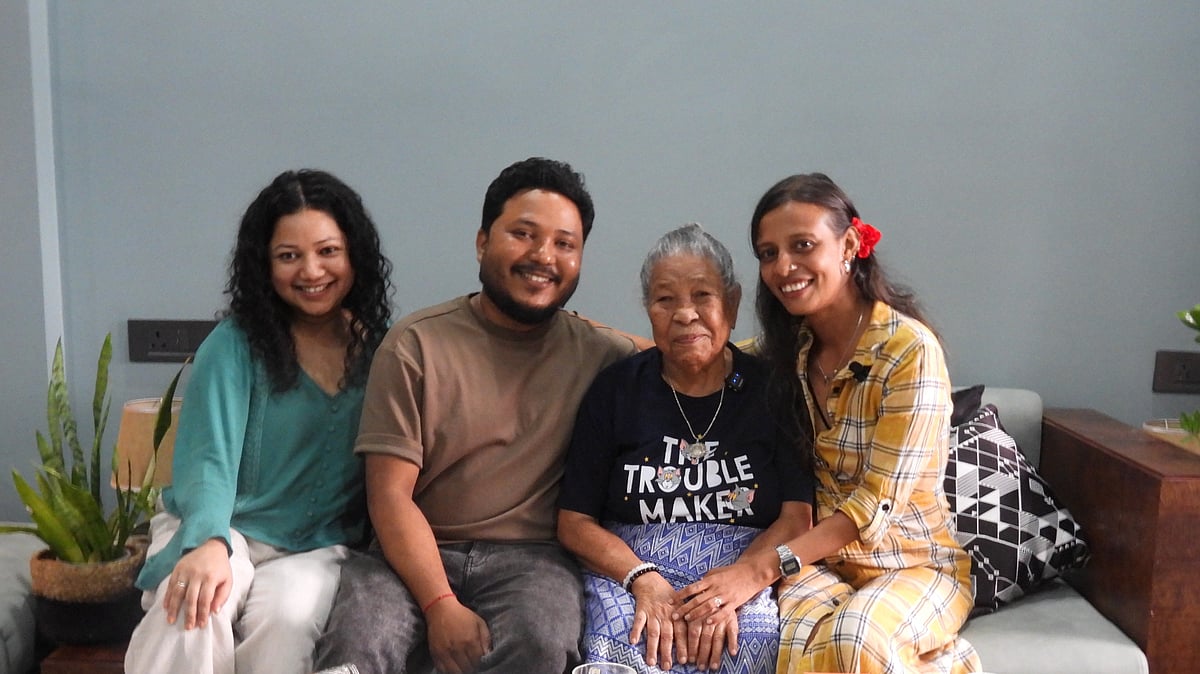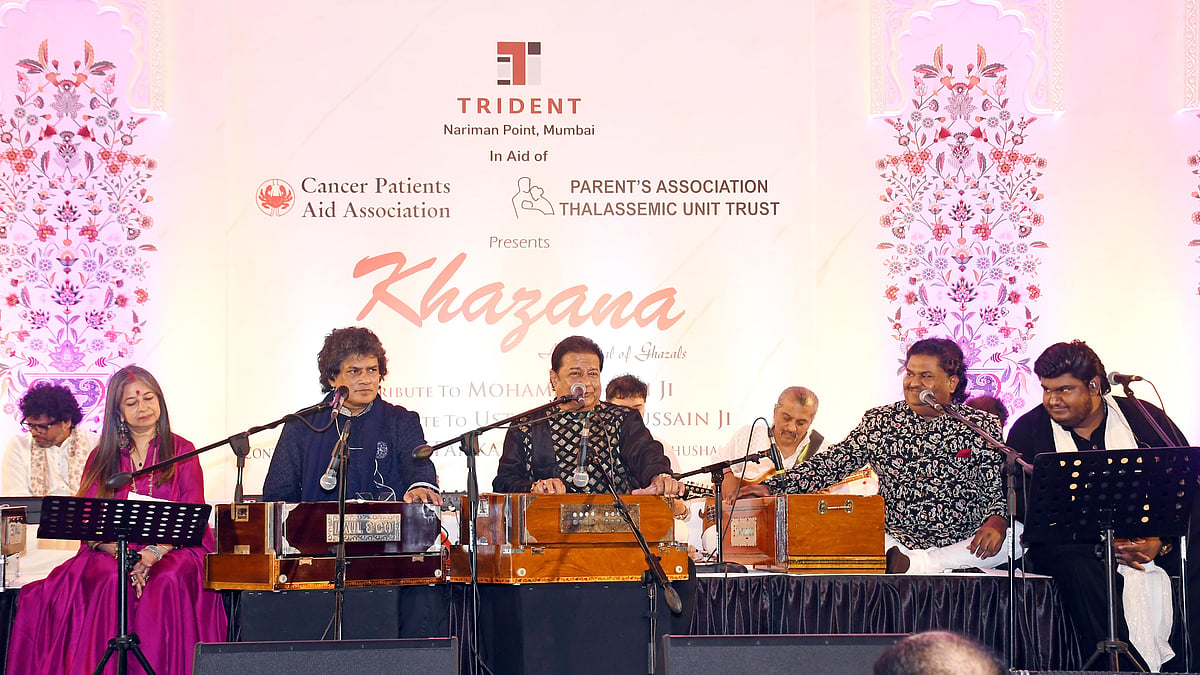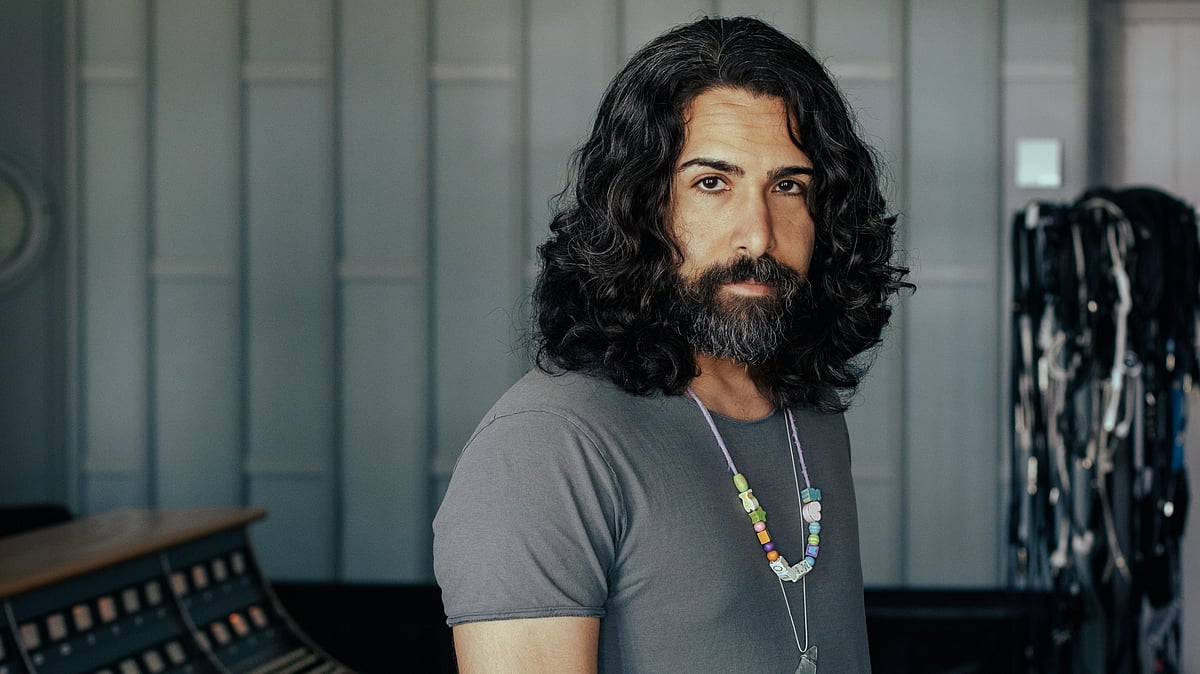Few are aware of a key rebellion that broke out across the country's ports on the cusp of Independence. Termed the Naval Uprising of 1946, this little-known revolt is commemorated in the sculpture of a sailor in the naval establishment on Nathalal Parikh Marg, Colaba.
On the sculpture's right is a modest structure whose exterior walls are adorned with plaques inscribed with milestones from the Uprising. The plaques have been installed through the tireless zeal of the Maritime History Society (MHS). The Society was founded by the late Vice Admiral Manohar Prahlad Awati to promote Indian maritime knowledge and wisdom through research, studies, documentation, and archives of naval history. He was a recipient of the Vir Chakra during the Indo-Pakistani War of 1971.
Helmed over the years by Commander Mohan Narayan, Commodore Dr Johnson Odakkal and, now, Commander Ashiesh Khanna, the MHS has been collaborating with scholars and other organisations in the field of heritage and academia.
Earlier this year, the MHS organised a gala commemorative event at the Naval Uprising Memorial, which was attended by Naval officers, heritage enthusiasts, and Maharashtra's former Tourism and Environment Minister, Aaditya Thackeray.

Commodore Dr Johnson Odakkal former Director and Head of Research, Maritime Heritage Society at the opening of the 1946 Naval Uprising Memorial near Cooperage |
Back in February 2021, the year which marks the 75th Anniversary of the Indian Naval Uprising, the MHS collaborated with Mumbai University's Department of Civics & Politics to co-host a seminar. Titled “Naval Uprising 1946: Span and Significance”, the seminar’s objective was to commemorate, reinvestigate and reimagine the revolt.
The spark of resistance was lit on January 16, 1946, when a group of naval ratings in the Castle Barracks on Mint Road, Mumbai, went ashore for a meal, after being served stale food in the mess. On February 18, 1946, two Naval Ratings — M.S Khan and Madan Singh — led a revolt on the HMIS (His Majesty's Indian Ship) Talwar, a shore establishment of the British Royal Indian Navy during World War II in Colaba, Mumbai. The duo set up a strike committee. Soon, other shore establishments and ships along Bombay harbour joined the rebellion as did ratings on HMIS Hindustan in Karachi.
What had started as a local complaint against the dismal quality of food, poor wages, living conditions, and racial discrimination, spread like wildfire to other parts of the country. With nationalistic fervour at a pitch, the Azad Hind Fauj (Indian National Army) founded by Netaji Subash Chandra Bose also became an inspiration. I had the privilege of meeting his grandnephew in Hamburg where he is settled.

The Union Jack was removed and the tricolour, and Congress and Muslim League flags were hoisted on all ships. The uprising garnered strong support from the public. But not the Indian officers whose colonial masters responded with alacrity.
The revolt was quelled in just four days. It is guesstimated that over a thousand were injured and between 200 to 400 people, including civilians, killed. The official record, however, lists the deaths of seven Royal Indian Navy sailors and one officer, 34 injured, and 476 discharged from duty.
Intriguingly, the event finds little or no mention in history texts. Today, like many hitherto and inexplicably obscure events, the Naval Uprising of 1946 is no longer deemed a small sliver of history. It is relegated to a footnote in textual records.
From a wider perspective today, the Uprising can be seen as an engagement with history, activism, art, literature, and subaltern identities. For example, consider the book ‘1946 Royal Indian Navy Mutiny: Last War of Independence’ by Pramod Kapoor, who founded Roli Books the same year that the late Vice Admiral Awati established the MHS.
Harking to World War I and II, in which innumerable Indian soldiers died fighting for the British Empire, Kapoor's book stresses the importance of dominion at sea. It also reveals the mutineers were never reinstated by the Indian government, after Independence. Kapoor also toured HMIS Talwar, taking due cognisance of the “inflammatory slogans” that had been written on the walls, apart from “seditious pamphlets” circulated in the historic dock/Fort precinct.

The revolt sent out a clarion call for freedom from British rule with the mutineers demanding the release of all political prisoners. A significant development in the rebellion involved the arrest of a rating, Balai Chandra Dutt, who had scrawled “Quit India” on the HMIS Talwar. As Dutt recalls in his 1971 memoir, ‘Mutiny of the Innocents’, the Indian Navy had assumed a non-co-operative stance with journalists.
The MHS seminar last February objectively analysed the Uprising for historical context, bearing in mind that it was a commemoration and not a celebration. And, more importantly, the mutiny in the Armed Forces must never be glorified.
Pertinently, Gandhiji, Sardar Patel, and Jinnah were united in criticising the Naval Rebellion. Only Aruna Asaf Ali of the Congress, the Students’ Union of India and the Communist Party of India supported the insurrection with calls for dharnas and hartals. There was also commendable solidarity between various religious groups. Hope springs eternal.











